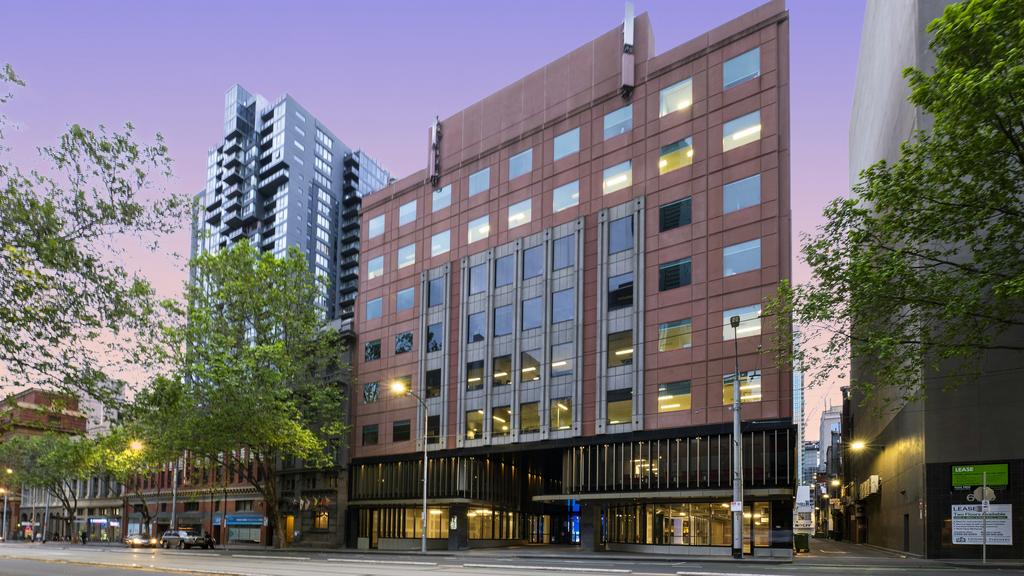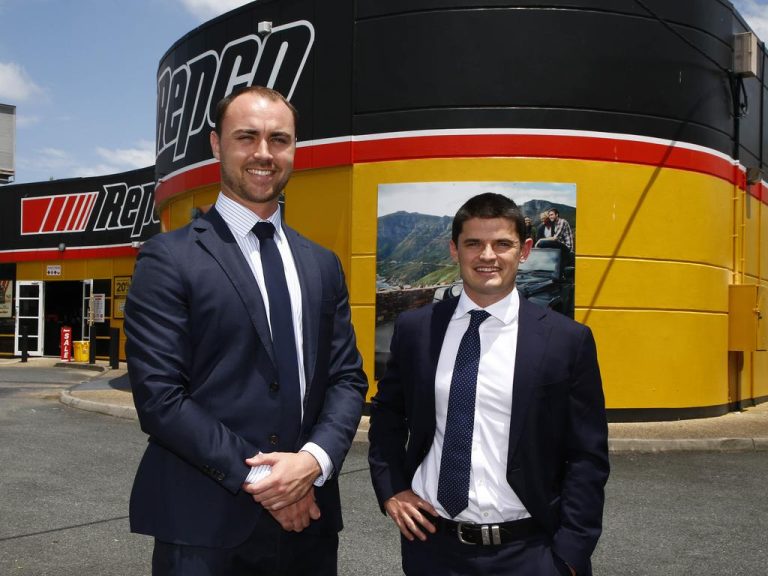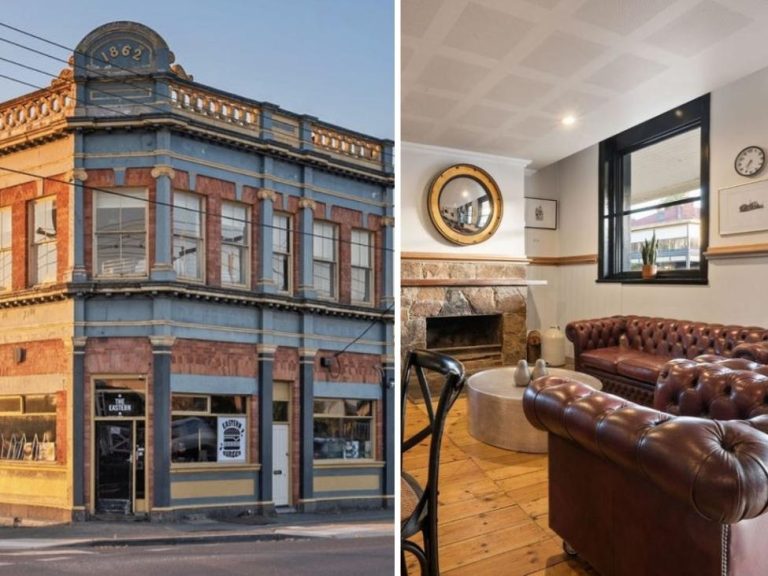Tower deals break the drought as reset hits office values

AFIAA has sold 628 Bourke St, Melbourne for about $115.8m.
A series of office buildings are changing hands across major cities with experienced local players buying towers as their values are finally reset in the wake of interest rate hikes.
After surviving Covid and a shift to working from work, the office market stalled last year as landlords and investors could not agree on pricing. But big deals have now been struck in Sydney and Melbourne.
Global funds house Barings has snapped up a North Sydney office block from listed group Mirvac in a deal worth about $141m in a breakthrough transaction for the gateway city’s office market.
The deal is a key marker for office values in the city and across Australia as relatively few towers had changed hands in this cycle. But office landlords are now quietly looking to sell as they want to keep their gearing in check and some, like Mirvac, are also funding the development of next generation office towers.
The North Sydney transaction showed a yield – a key measure of property values – of more than 8.5 per cent – which will feed into the value of office portfolios around the nation.
The gradual resetting of the market is also opening the door for buyers who believe that the office market is at cyclical lows and they are keen to buy, with international groups and unlisted property funds active.
Barings is one of the world’s largest diversified real estate investment managers and has emerged a major local player. Last month, it completed a joint acquisition with superannuation fund Rest of an off-market premium industrial portfolio worth about $780m from Goodman Group.
But the North Sydney building will likely go into an Altis Property Partners wholesale fund. Barings acquired the Altis property funds business in 2022.
The 12,615sq m block at 40 Miller St is an A-grade office building, developed by Mirvac in 2000, and is next to North Sydney railway station. The sale was handled by CBRE’s James Parry, Flint Davidson, and Mitch Noonan.
“The ongoing transformation of North Sydney, especially with the upcoming opening of the Victoria Cross metro station in a matter of months, has attracted a wave of new tenants from suburban markets. These tenants are drawn by the area’s excellent amenities, proximity to a skilled workforce, and exceptional transportation links. As tenant demand continues to grow, North Sydney is poised to not only maintain its standing, but to further enhance it as one of Sydney’s most in demand employment destinations,” Mr Parry said.
In Melbourne, fund manager Bayley Stuart has settled a deal to buy the offices at 628 Bourke St from Swiss institution AFIAA for about $115.8m. That was also one of the city’s first major sales this year. AFIAA had picked up the office block via an asset swap with fund manager M&G Real Estate Asia for $181m about seven years ago and then poured $35m into refurbishments.
Knight Frank’s Trent Preece and Ben Schubert handled the sale but the firm and parties did not comment on the sale of the 16 level complex developed in 1989. The building spans 24,126sq m and the refurbishment was in 2021.
The sale metrics were slightly different as the offices were only 77 per cent occupied and there were short leases in place. It traded on a passing initial yield of about 8.77 per cent and once market levels are taken into account the yield was about 8.64 per cent.
The big listed real estate investment trusts are yet to reveal valuations for their portfolios of office buildings and industrial parks. But some of the smaller trusts have indicated their holdings have slightly dropped in value.
The Dexus Convenience Retail REIT said valuations had resulted in an estimated net devaluation of circa $9.6m for this half, or about a 1.3 per cent decrease on book values. The Dexus Industrial REIT had a net devaluation of $30.7m for the half, equating to a 2.2 per cent decrease in book values. Fund manager Gordon Korkie said the latter’s portfolio showed solid rental growth, driven by relatively constrained industrial supply and low market vacancy. But this was partly offset by the impact of capitalisation rate expansion.







